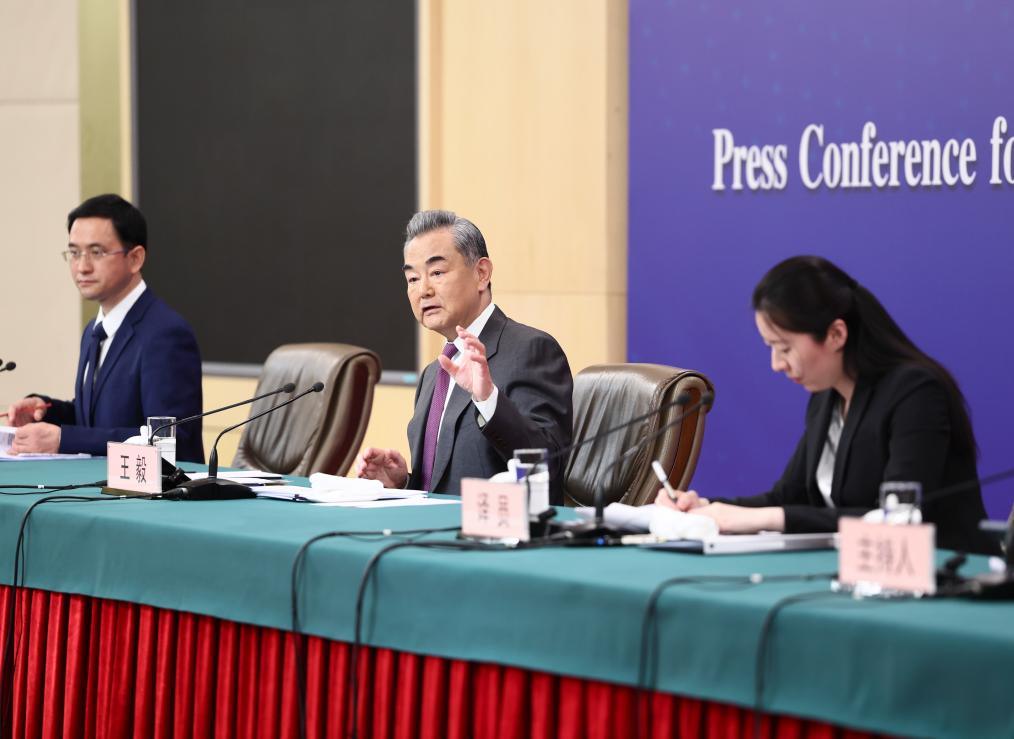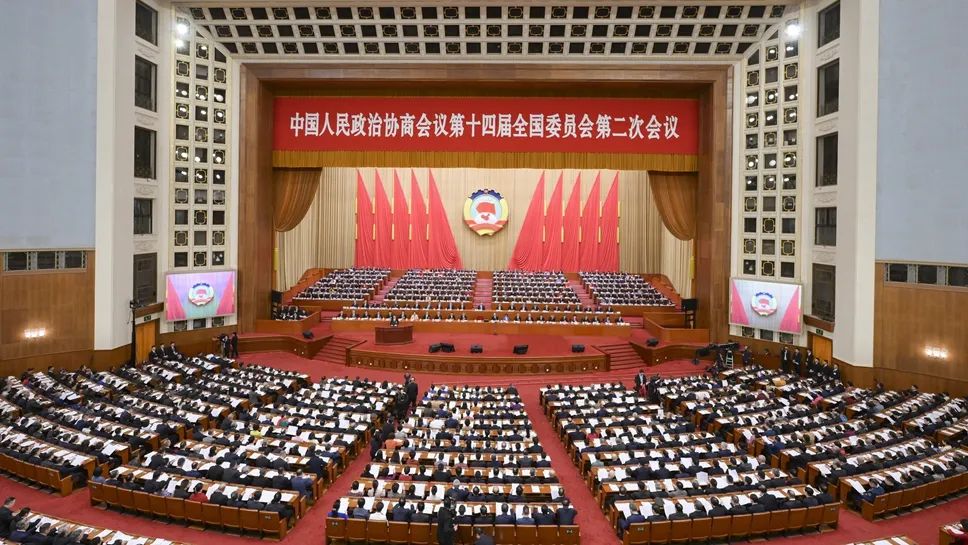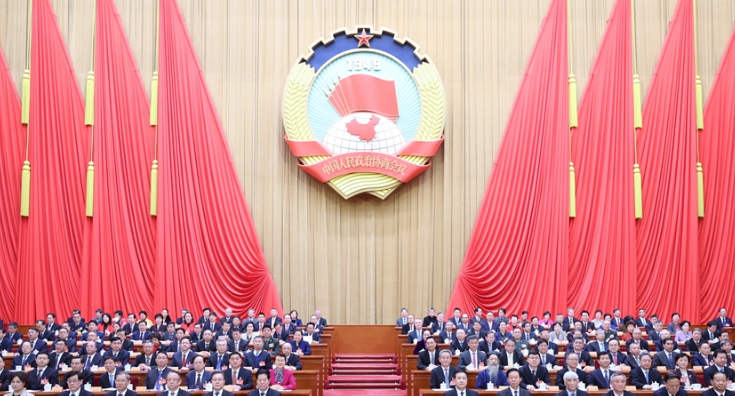
重新审视亚洲汇率政策
Asian currency moves misunderstood
Asia came to currency early, and it soon learnt to treat coinage as a weapon of war. Indeed, the coins minted in China during the warring states era, almost 500 years before Christ, were made in the shape of knives.
亚洲不但很早就开始使用货币,而且很快就学会把铸币用作一种战争武器。事实上,在公元前500年左右的战国时期,中国铸造的钱币形状就像一把刀。
This may explain why the west tends to be terrified by Asian currency policy. China has long been branded a currency manipulator. Japan’s aggressive new attempt to stimulate its economy with monetary policy under prime minister Shinzo Abe has led other countries to complain that the yen is deliberately being devalued.
这也许能够解释为什么西方容易被亚洲汇率政策吓到。很久以来,中国始终被人指责为汇率操纵国。而日本首相安倍晋三(Shinzo Abe)新推行的以货币政策刺激经济的激进手段,也导致其他国家抱怨日元汇率被蓄意低估。
And yet Asian currency moves are deeply misunderstood. China is not winning the currency wars; it is losing them. It has steadily lost competitiveness in recent years, and the financial press now even raises the question of whether China could soon suffer a dollar shortage, a question that would elicit gasps and laughter in the west.
然而,亚洲汇率措施其实被深深误解了。中国并没有赢得汇率战,反而在输掉这场战争。近年来,中国的竞争力在稳步下降,如今财经媒体甚至开始质疑中国不久后是否会面临美元短缺——这样的问题可能让西方人感到吃惊,并招致他们的嘲笑。
Meanwhile, whatever Abenomics and the weaker yen are meant to achieve for Japan, they have so far done nothing to help Japanese exporters. The beneficiaries are quite different.
同时,不论日本推行安倍经济学和弱势日元是出于什么目的,到目前为止两者对于日本的出口商还没起到什么帮助。从中受惠的根本不是出口商。
Let us start with China. The renminbi has gently appreciated by almost 10 per cent since the Chinese authorities started allowing it to rise again in June 2010.
让我们先从中国开始讨论。自2010年6月份中国官方再次允许人民币升值以来,人民币已缓慢升值了近10%。
But that understates its loss of competitiveness. Chinese inflation, however it is measured, has run far ahead of the US, so its real effective exchange rate has appreciated far more. And wages, last year, rose more than the economy as a whole. That is all part of the Communist party’s plan. Wages need to rise so that people recognise that they have some reward from the country’s great economic growth of recent years.
不过这一升幅低估了中国竞争力被削弱的情况。无论用什么计量方法,中国的通胀率都比美国高得多,因此人民币实际有效汇率的升值远高于此升幅。另外,去年中国工资水平的增幅也高于整体经济的增长率。这种增幅完全在中共的计划之内。中国需要提高工资水平,以便让人们认识到自己从中国经济近年来的巨大增长中得到了部分回报。
But it drastically diminishes the competitiveness of a strategy that has until now been based on cheap labour. Small wonder that manufacturing jobs are returning to Mexico, and even to the US itself.
但对中国迄今仍立足于廉价劳动力的发展战略来说,工资水平的上升大幅降低了该战略的竞争力。其结果是,制造业岗位回流至墨西哥、甚至美国,都不足为奇了。
For the new Chinese leadership’s plan to work, the stronger renminbi must spur exporters into improving productivity – proving that they can manage companies better, and not just exploit workers. And it must also spur capital to move into sectors that serve the Chinese domestic economy, and further the growth of a consuming middle class.
中国新一代领导人要想实现他们的计划,中国出口商必须在人民币升值的刺激下提高生产效率,以证明他们能够更有效地管理公司,而不是只会剥削工人。另外,中国还必须刺激资本流入服务于中国国内经济的产业,从而进一步壮大消费能力强的中产阶级的规模。
Buying such companies has already been profitable. The CSI 300 consumer discretionary index has returned 116 per cent since the Shanghai and Shenzhen markets hit rock-bottom in October 2008. That is virtually double the 67 per cent return on the index as a whole. Industrials gained only 34 per cent in that time.
如今,购入此类企业股票的投资者都已获得了丰厚回报。自2008年10月份沪深两地股市跌到最低点以来,沪深300可选消费指数(CSI 300 consumer discretionary index)已增长116%。这差不多是沪深300指数67%的整体增长率的两倍。而同期沪深300工业指数(CSI 300 Industrials index)则只增长了34%。
In Japan, the February trade figures, albeit distorted by the dip in trade with China caused by the new year holidays, show there is more to boosting exports than a weaker yen. Total exports fell 2.9 per cent year-on-year. Exports to the US were up 5.7 per cent – but in January, with a stronger yen, they had gained 10.9 per cent. As for the EU, the currency did little to ease the effects of the stagnant economy, with exports dropping 9.6 per cent year-on-year. Meanwhile, the volume of imports remained static, though the price of imports shot up 11.9 per cent year-on-year, thanks to the 18.6 per cent weakening of the yen.
尽管2月份日本贸易数据受到了春节假期导致的对华贸易下跌的影响,但从这些数据中仍能看出,要提升出口仅仅依靠日元贬值还不够。日本的总出口同比下跌了2.9%。其中,对美出口增长了5.7%,而在1月份日元汇率更高时增幅则达10.9%。至于对欧盟出口,汇率的变化对于减轻经济停滞效应几乎没起到作用,对欧盟出口量同比反而下跌9.6%。另外,尽管日元汇率降低18.6%导致进口价格同比猛增11.9%,但日本的进口量仍然保持稳定。
The stock market confirms that the big exporters have not, at least yet, benefited much from currency weakening. Instead, the big winners are in financial services. Securities and commodity traders lead all other companies in the Topix since the yen’s sharp devaluation commenced in mid-November, gaining 79 per cent. Real estate and banking stocks are up 37 and 33 per cent since then. Why is this?
股市行情表明,日本大出口商至少到目前为止还没有从日元贬值中获得多大益处。相反,最大的赢家是金融服务业。自日元从去年11月中旬开始大幅贬值以来,证券公司和大宗商品交易商的股价以79%的升幅领先东证指数(Topix)的所有其他公司。地产和银行股自那时以来分别升值了37%和33%。为什么会这样?
CLSA’s own explanation sounds reasonable. Both the yen and the financial sector are driven by perceptions of risk. And Japan’s notoriously beaten down financial sector starts with further to rally. Thus it reacts more aggressively. If Abenomics works, however, it should stimulate consumer activity.
里昂证券(CLSA)对此的解释听起来比较合理。日元和金融业都受到市场风险偏好的影响。日本金融业之前被打压得很厉害,所以一开始就有很大的反弹空间,结果其上涨更为迅猛。然而,如果安倍经济学真的生效,首先会受到刺激的应该是消费活动。
For China, the message is that investing in its stock market may well continue to be a bad idea – as it has been for most of the two decades since the Shanghai and Shenzhen stock exchanges were reopened, with the exception of the brief and extreme bubble in A-shares that burst in 2007. Competitiveness is being lost and in the short term, at least, the government has every incentive to ensure that it is not regained. For the longer term, companies that offer some play on the Chinese consumer make eminent sense.
对中国来说,也许投资中国股市依旧是个坏主意——就像沪深重开股市这20年来的大多数时间一样,但在2007年破灭的短暂而强烈的A股泡沫时期除外。中国正在失去竞争力,而至少在短期内,中国政府都有动力确保不会重获那种竞争力。而从长远看,那些为中国消费者带来机遇的公司将成为理想的投资对象。
And oddly, the same is true for Japan. It has appeal for those who can hedge against the further yen depreciation. But the winners from Abenomics, if it succeeds, will not be the traditional exporting powerhouses; they will be the companies that profit from a reinvigoration of the Japanese consumer.
奇怪的是,对日本来说也同样如此。对于那些能够对冲日元进一步贬值的人来说,日本很有吸引力。不过安倍经济学一旦成功,真正的赢家将不是那些传统的大型出口企业,而是那些从日本消费者的复苏中获利的企业。
 华尔街日报
华尔街日报
 2013-03-26
2013-03-26
 华尔街日报
华尔街日报
 431次
431次


 点赞(0)
点赞(0)

 收藏
收藏

 收藏资讯
收藏资讯

 收藏资讯
收藏资讯

 收藏资讯
收藏资讯

 收藏资讯
收藏资讯